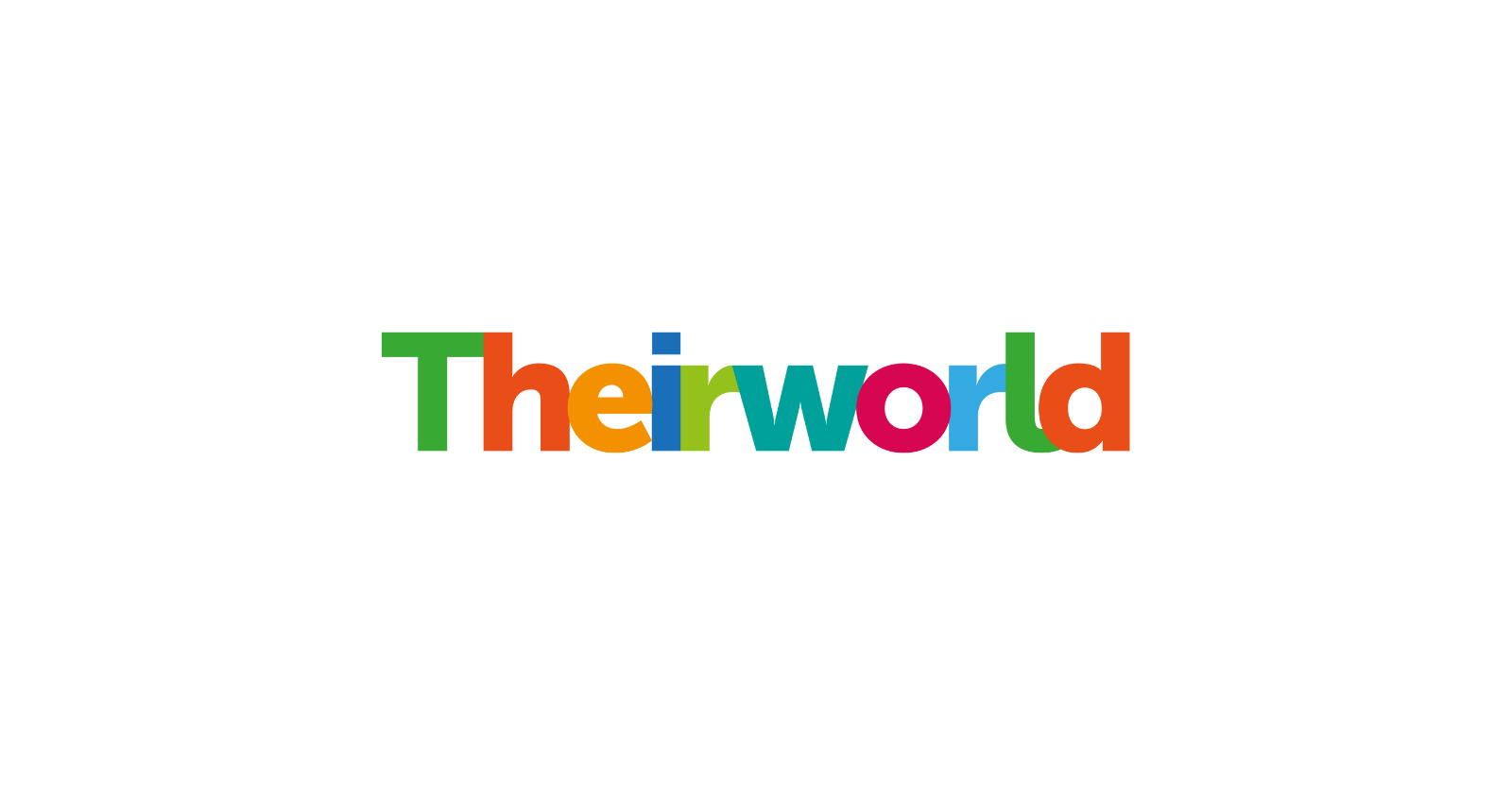
“Girls face various forms of violence, including sexual, by their teachers and other students”
Girls' education, Global Youth Ambassadors, Right to education
Theirworld's report Safe Schools: The Hidden Crisis says an estimated one in 10 girls and women under the age of 20 - around 120 million worldwide - have been subjected to sexual violence in school. To mark the launch of the report, we talk to a Global Youth Ambassador about gender-based violence and other barriers to education in the Democratic Republic of Congo.

Does violence have an impact on access to education in the Democratic Republic of Congo?
There are many kinds of school-based violence – but I will focus on sexual harassment in schools, a form of violence against women, which girls are often victims of.
Despite the fact that girls’ access to education is a priority, many obstacles hinder them from progressing in schools.
Some of the factors that can affect student performance are different types of violence, such as sexual harassment, which can be considered as an important factor of influence. It has a clear impact on learning, school attendance and completion.
Is this experience different for girls and boys?
Yes, boys are more exposed to corporal punishment and bullying but girls are exposed to sexual violence. Once in school, girls may face various forms of violence, including sexual ones, by their teachers, peers and other people in the school environment.
What do you think are the barriers to going to school – for girls and for boys?
There are many barriers to education in our country including poverty, conflict, child labour, violence in and around schools, early marriage, gender discrimination, and disability.
These barriers are applicable to all children. There are greater barriers for girls because they are also exposed to gender-based violence, early marriage and pregnancy.
What would make most difference in helping girls and boys to access education?
The budget allocated to education must be increased so that schools are free and accessible to all. This includes building schools, increasing teacher salaries etc.
Policies must be created to respect, protect and promote the right to education.
Tell us about the idea to install mailboxes in secondary schools and how it will help young people.
We want to understand the real problems that children face in school when it comes to violence. Installing mailboxes where young people can place their letters, expressing their thoughts, will allow us to have an idea of the issues they face.
The reports collected will be directed to our partner structures that deal with the psychological care of victims of violence.
The idea came when we were going to collect signatures for the #UpForSchool petition in 2015. While visiting the schools, a group of girls asked us to help them because one of their friends was suffering from some sort of violence.
They did not know how to deal with the problem and they were afraid to talk to the school’s director and to their parents. That’s why we decided to install the mailboxes in schools to allow them to write anonymously their stories without feeling any shame or fear.
This idea will be beneficial for the whole community because it will allow everyone to be aware of the violence that young people in general and girls in particular face at schools and it may stop being a taboo. Also, the perpetrators will be punished and the victims will be taken care of.
What does REPER do?
REPER means Réalités et Perspectives (Realities and Perspectives) and it is based in the Lukanga neighborhood of one of Kinshasa’s suburbs.
REPER aims to promote the education and development of our youth. We bring our contribution to improve access to education, job mobility and to increase women’s participation in the community.
I joined the association in 2016. Currently, I am the Secretary General and I coordinate all the activities.
Lukunga is one of the outlying districts of the city of Kinshasa which remains inaccessible from several corners. It has a population of more than 200,000 and a high rate of young girls who are mothers contributes to this high population.
It does not have a centre for young people or a library. The only one that existed was closed more than 15 years ago. There are still many children who do not go to school or who do not finish school due to lack of financial means.
Lukunga has a large number of unemployed people. REPER was created to empower young people and to help them to guarantee their own successful future. It was also set up to advocate for the right to education, which is an essential element for the development of any society.
What projects is REPER currently running?
There are two main projects but some other activities also are being organised.
The first project consists of collecting books to create libraries for primary schools in Lukunga. This aims to improve the quality of education in two ways – to allow the teachers to have teaching support and to help students improve their reading and writing skills.
The creation of libraries is essential in order to support staff and students in achieving their academic goals. We would like to make reading more accessible to students in order to awaken children’s minds and develop their intellectual abilities.
We also aim to train students and teachers in the effective use of information and the functioning of a library.
The second project aims to fight violence in schools that pupils, especially girls, suffer during the school year by promoting a dialogue between teachers and students.
We are working on the installation of mailboxes in the classrooms to allow students to express their views anonymously.
More news

African youth rise up to demand early years spending target is met
